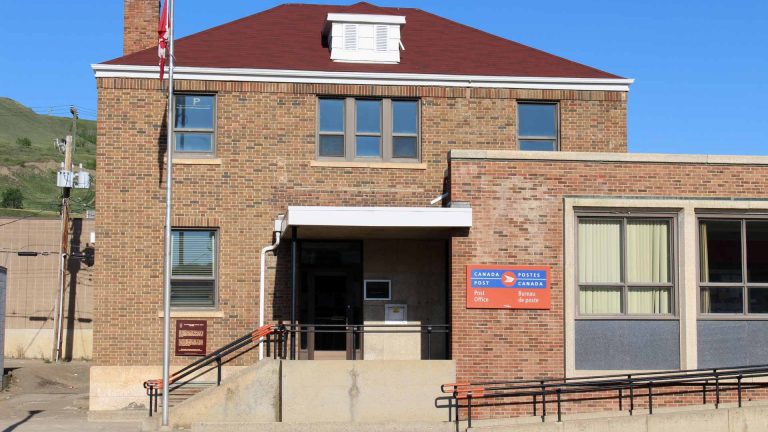Postal Banking Once Made Canada Post Profitable
Mark Carney clearly loves a nation-building project — as long as it’s wildly expensive and is pleasing to corporate interests.
That seems to be the takeaway from the prime minister’s decision last week to largely abandon Canada Post, an institution with a vast network of 5,900 outlets across the country that’s been tying Canada together since Confederation.
In recent years, Canada Post has lost large amounts of money and is currently in the midst of a strike by postal workers. Carney’s response is to effectively gut it, ending door-to-door mail delivery (where it still exists) and resuming the closure of post offices across the country.















